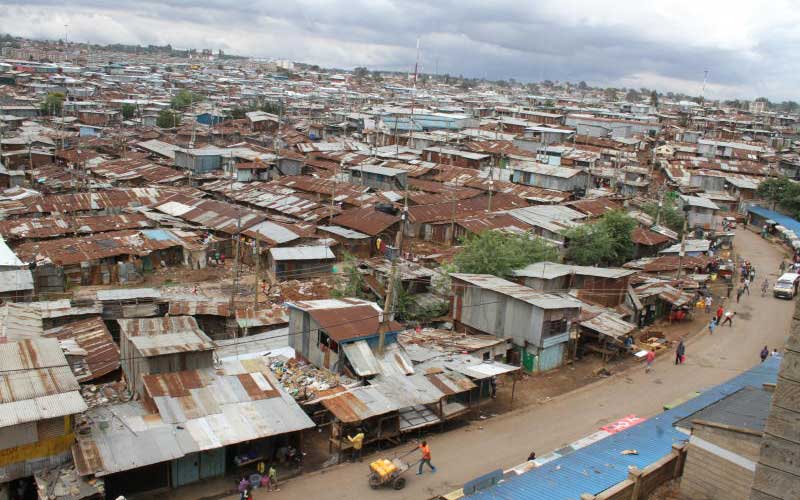×
The Standard e-Paper
Fearless, Trusted News

Most school mottos extol the virtue of hard work as the key in education, and performing well in examinations as the key to success in life. The two are inextricably linked.
Conversely, Kenyans have internalised hard work and education like a cult hymn burned into the collective conscious and imagination. It is one of the few avenues that guarantee a fair chance of upward social-mobility.